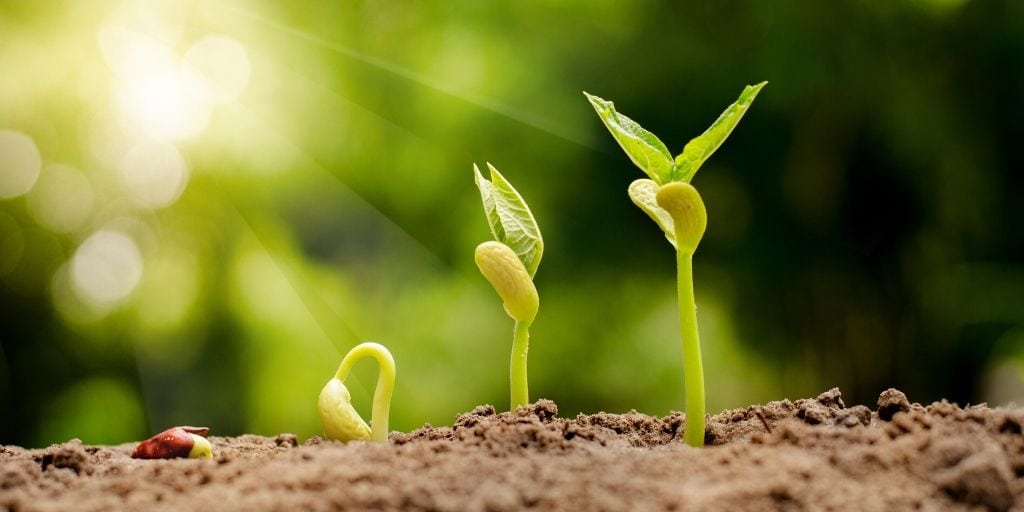Judi Neal, Founder, Edgewalkers International

This is the first time in human history we have collectively faced significant threats to our survival. Covid-19 is the opening act. It has woken us up to our interdependency and the need to make individual sacrifices for the greater good. But we “ain’t seen nothin’ yet”! Climate change is the star of the show in challenging humanity to come together to save ourselves. One of the key factors in successfully meeting these challenges is hope. Without hope, we will not act, and we will be doomed. Hope is not enough, but it is an essential element in moving forward.
Amory Lovins wrote, “Be neither an optimist nor a pessimist. Both are different forms of fatalism. Instead, practice what I call applied hope: believe our world and the causes you care about can get better, and work to make them so.” This is where faith comes in. These times challenge us to examine our faith. Do we have faith in humanity to do the right thing in times of crisis? Do we have faith in God, the Universe, the Transcendent, that something good will come out of these challenges? If so, then we can allow ourselves to hope for a better future and we can do what is ours to do.
Faith is based on past experience. We can have faith in humanity by looking for and seeking out the goodness in people, and by celebrating the kindness, beauty and creativity that we see around us. We can remember that media headlines typically represent only a small proportion of things people say and do, and that negative stories get more attention. Positive stories don’t get headlines, but they do inspire us and remind us of our basic goodness. We can trust the Universe because we sense a holy presence. We know that when we have followed spiritual guidance, things work out for the best.
Hope is focused on the future. It takes courage to hope that a better world will emerge out of crises. Peter Block says, “We change the culture by changing the nature of conversation. It’s about choosing conversations that have the power to create the future.” What kinds of conversations are you having – conversations about all the things that are wrong, or conversations about possibilities? The thing that gives me the most hope for the future is the young people like Greta Thunberg and David Hogg. They think about the greater good and they know how to take action to influence decision-makers.
“So these three things continue forever: faith, hope, and love. And the greatest of these is love” (I Corinthians 13:13 NCV). One of the definitions of love is to care selflessly about another or others. Faith, hope and love will get us through these crises to a better world that works for all. This I believe.
“Hope is hearing the music of the future. Faith is dancing to it today.” (Alvez)

Great blog post, Judi. I got alot out of reading it. Reminds me of the Landmark Education work I have done that is very future / ‘possibilities’-oriented and about “pulling that future towards us” to inform and create our present. Thanks for the reminder!
Thanks Matt. Otto Sharmer’s Presencing work has a similar focus on co-creating the future. As Edgewalkers, we are naturally drawn towards embracing “what’s so” in the current situation while being able to stand in the unknown future that wants to emerge through us. Faith, hope, and love are essential to our willingness to be a positive bridge between the past, the complexities of the present, and the possibilities of the future.